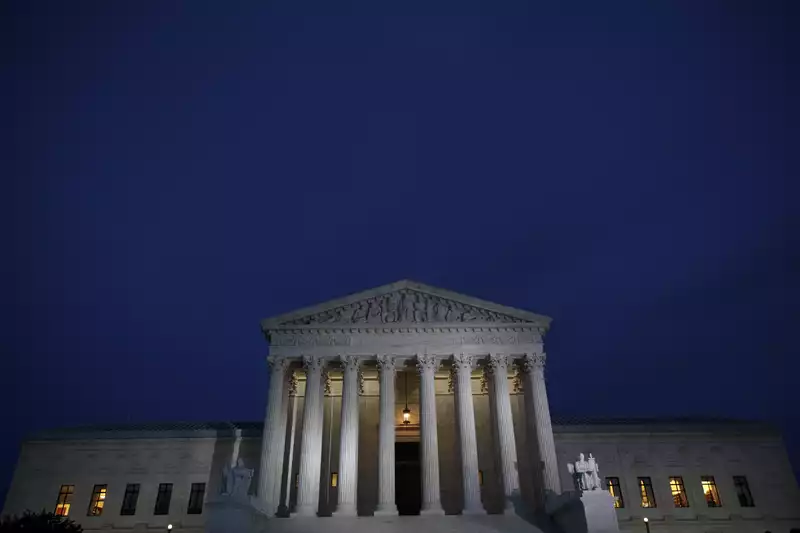Justice Clarence Thomas, LGBTQ+ rights and contraception are next.
On Friday morning, the Supreme Court issued a stunning decision that not only overturned Roe v. Wade, which until recently many believed was "settled law," but also paved the way for other progressive decisions to be overturned. Specifically, these are Americans' rights to same-sex intimacy, marriage equality, and contraception. These rights were specifically noted by Justice Clarence Thomas, who argued in his opinion concurring in Friday's ruling that they should be "reconsidered." He added that the Supreme Court has a "duty" to do so.
Thomas wrote "Future cases should reconsider all of this Court's substantive due process precedents, including Griswold, Lawrence, and Obergefell. Because any substantive due process ruling is 'clearly erroneous' ...... We have an obligation to 'correct the errors' established in these precedents."
This is the precedent he is referring to:
Justice Thomas added: ". "After reversing these clearly erroneous decisions, the question will remain whether other constitutional provisions guarantee the myriad rights created by our substantive due process precedents. For example, we may consider whether any of the rights announced in this Court's substantive due process precedents are 'privileges or immunities of citizens of the United States' protected by the Fourteenth Amendment."
He concluded: "To answer that question, it is necessary to decide important prior questions, such as whether the Privileges or Immunities Clause protects rights not enumerated in the Constitution and, if so, how those rights are to be identified.
The Due Process Clause is the right of Americans to due process before their rights are taken away. Thomas argues that rights not explicitly stated in the Constitution may be elucidated by the courts.
After a draft of the ruling was leaked in May, President Biden noted that the ruling could have a domino effect. He said, "If the basis for the published ruling is upheld, then every right is at issue. Every right will be at issue. And the idea of leaving that decision to the states and localities would be a fundamental shift in what we have been doing."






Comments